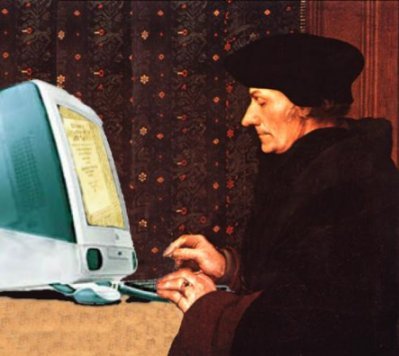FALL 2002
- Subject Information & Readings
- Schedule of Meetings and Assignments
- Homework and Paper Topics
- Statement on Cheating and Plagiarism
- Images
- Bibliography
Jeffrey S. Ravel
History Faculty, E51-285
Massachussetts Institute of Technology
Cambridge, MA 02139
Phone: (617) 253-4451
ravel@mit.edu
